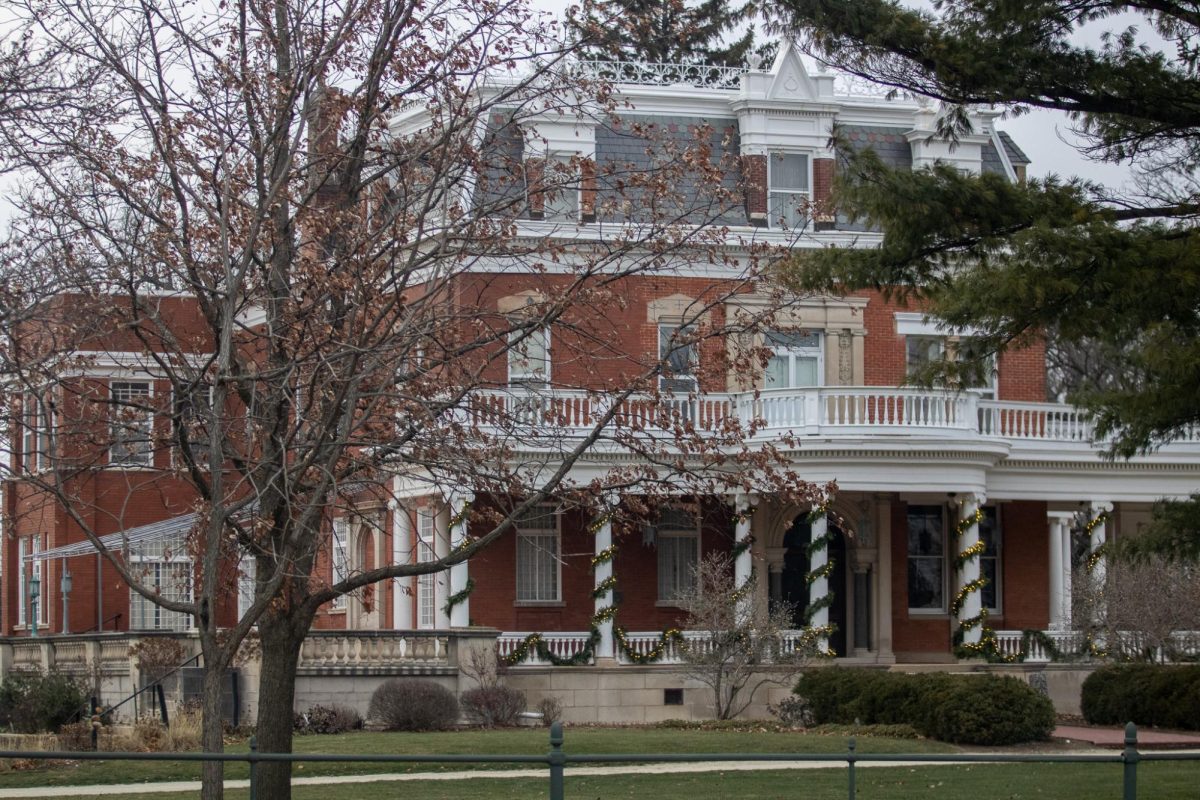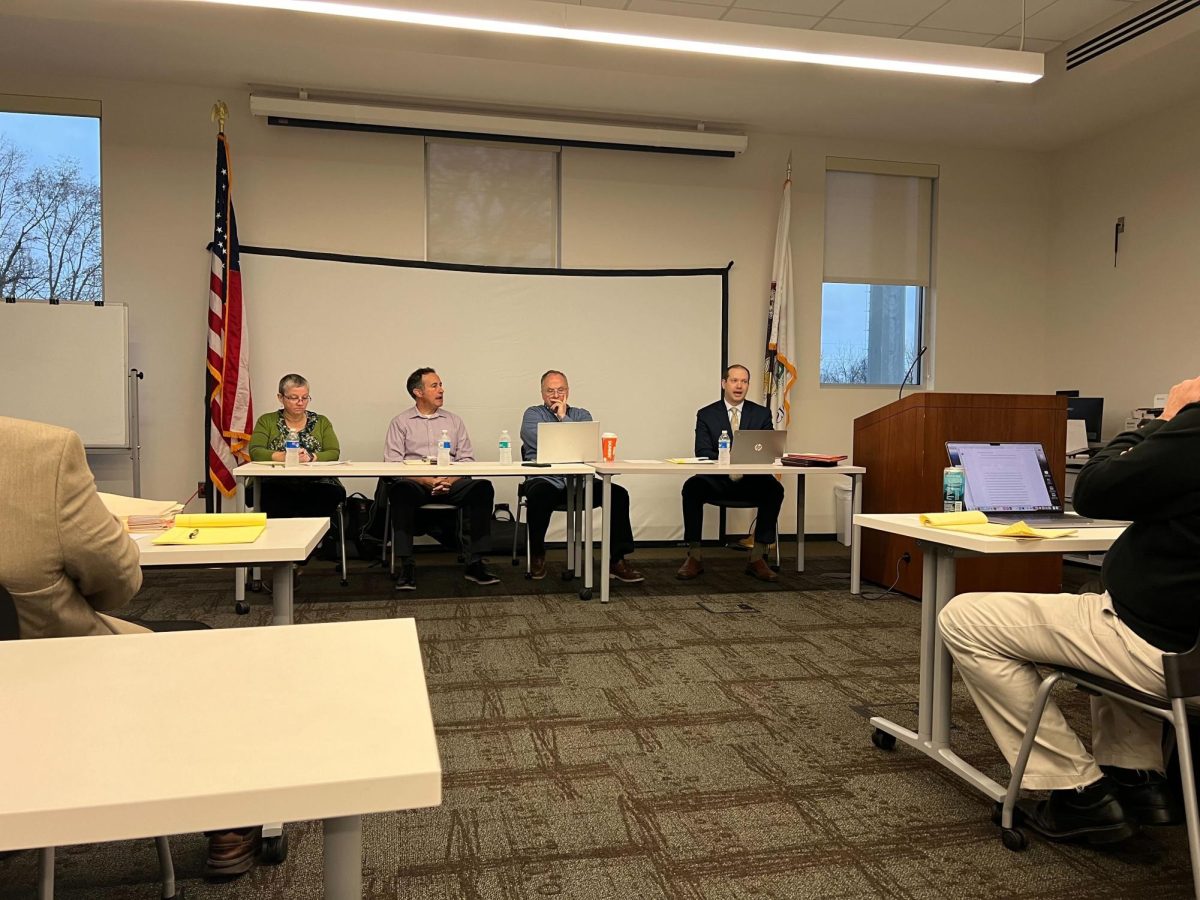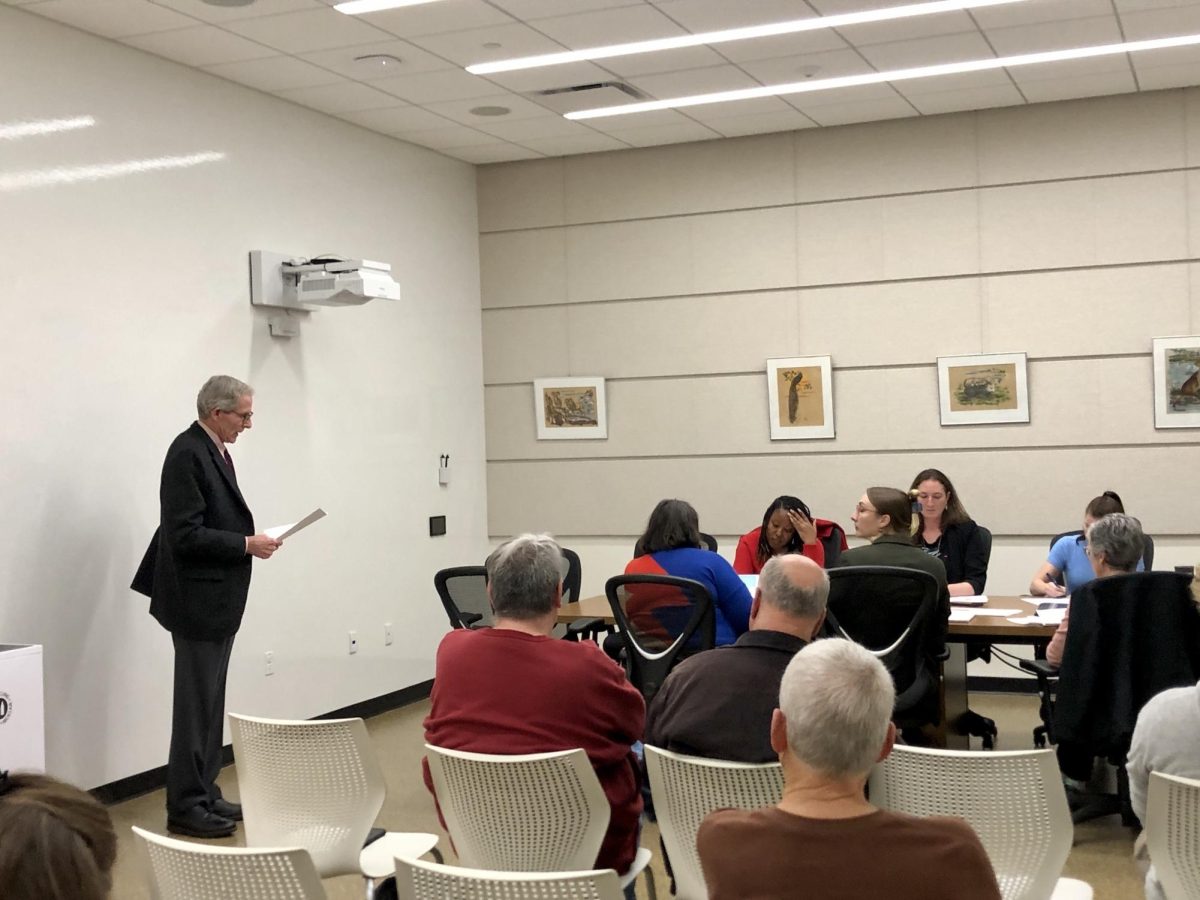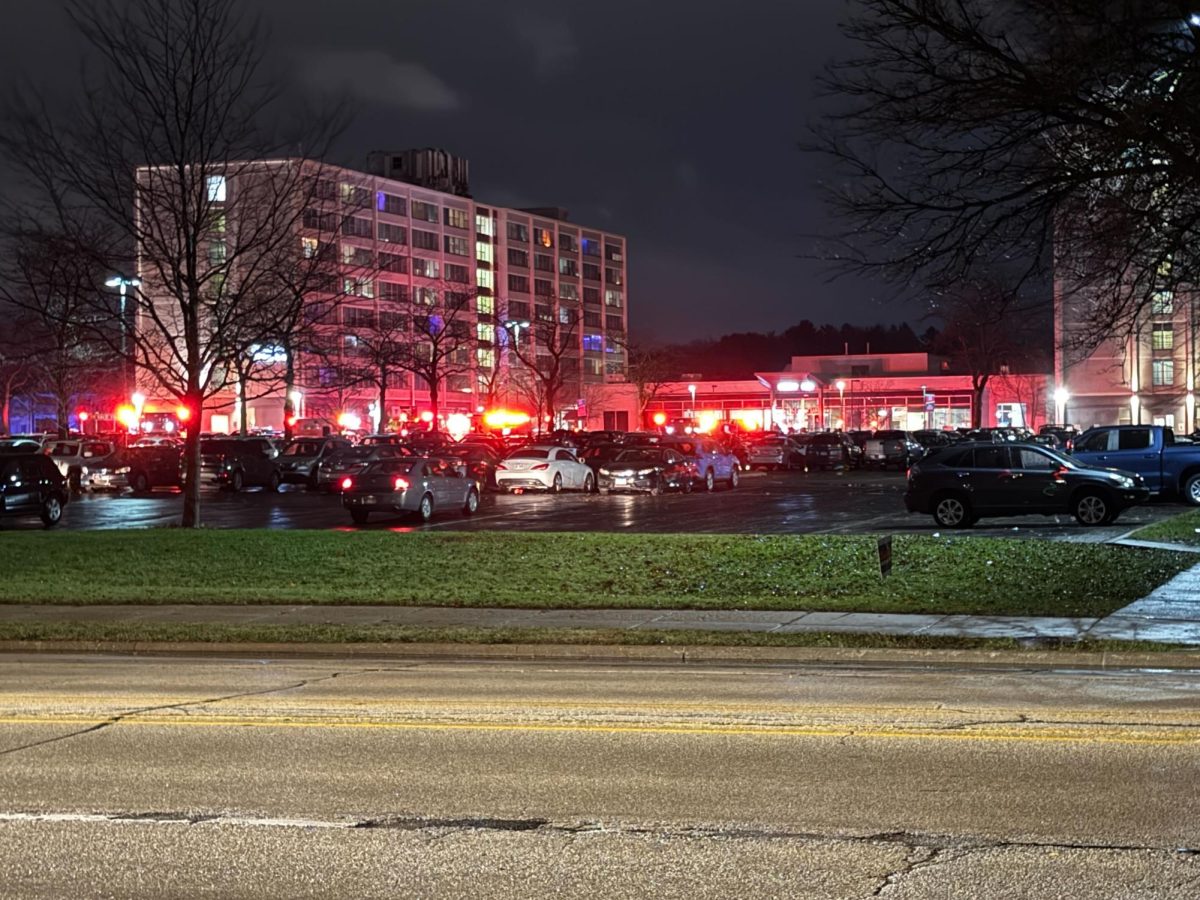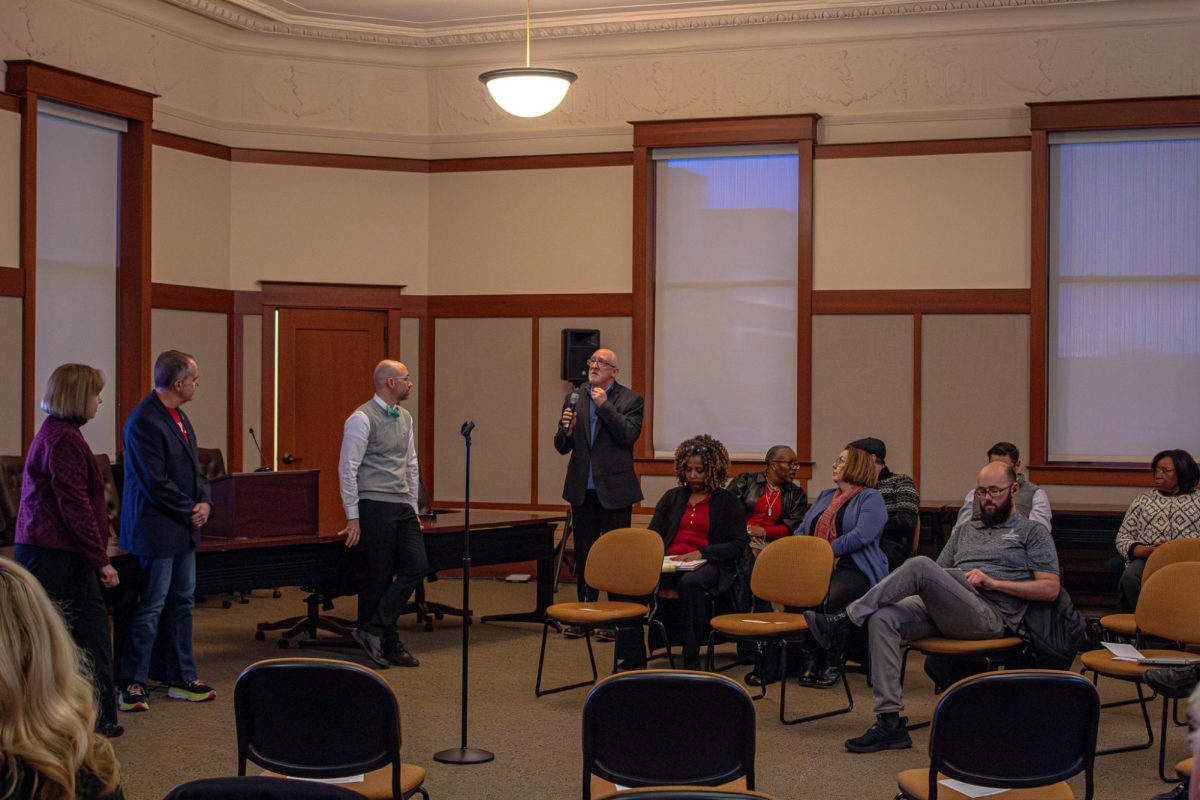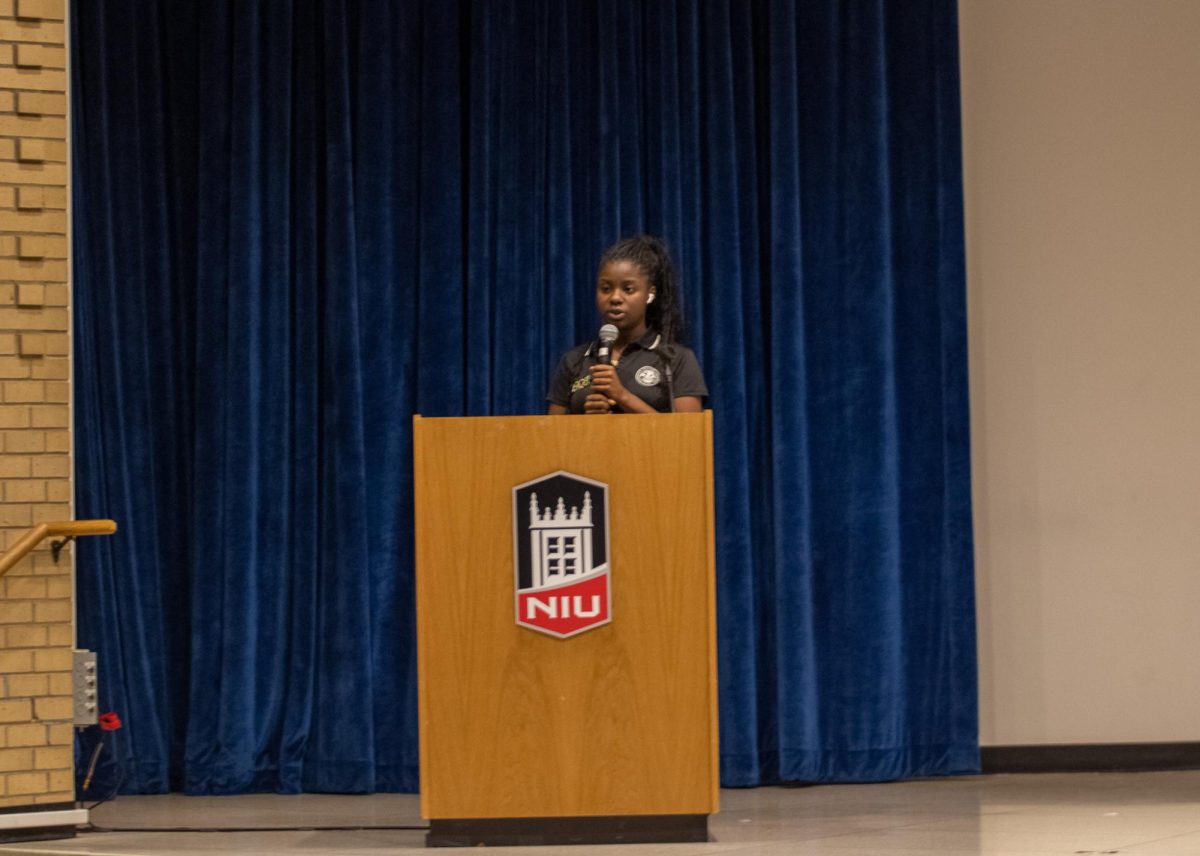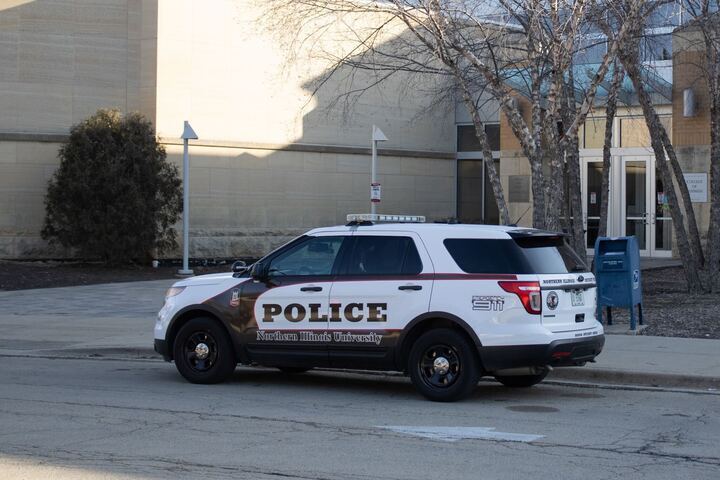DeKALB – States like New York and Kentucky are experimenting with limiting pretrial bail; but Illinois has taken it a step further, being the first state to eliminate it entirely.
The SAFE-T Act, approved in 2021, set about reforming a number of criminal justice policies in Illinois. One reform is the Illinois Pretrial Fairness Act, which went into effect Sept. 18, eliminating the need for paying bail to be released from custody before trial.
With cash bail defendants pay an amount of money, determined by a judge, to be released from jail pretrial. The held bail is to assure defendants return on their set court date and not commit any crimes.
Andy Sullivan, sheriff of DeKalb County, said a common question about no cash bail was if people currently in jail would be released. Sullivan assured that would not be the case.
A judge can deny bail to anyone arrested for a forcible felony.
Forcible felonies are treason, murder, sexual assault, robbery, kidnapping and battery. Bail can be denied for other crimes that include stalking, arson, human trafficking, animal cruelty and illegal use and sale of firearms.
Additionally, a defendant cannot show a clear and present danger to their victim(s) or the general public, and they must follow all parameters set by a judge for their pretrial case. If defendants do not meet these requirements, they will not be released.
“The police are still out doing their job to protect our community and make sure our citizens and student body is safe,” Sullivan said. “I don’t want people to think that people aren’t being arrested anymore because they still are.”
Daniel McConkie, associate professor at NIU’s College of Law, said the concept of cash bail is fair in theory, but in practice is unfair to poor people.
In jurisdictions with cash bail, if someone cannot afford to pay cash bail, then they remain incarcerated – even if not convicted. In Illinois, 175,000 people are held pretrial, most of which are not convicted, McConkie said.
“A lot of people who are incarcerated before they’re convicted, they’re pleading guilty just to get out of jail,” McConkie said. “They’re not even necessarily guilty, they’re just pleading guilty cause they can get out of jail sometimes as soon as they plead guilty. That’s a coercive system, and it sometimes means we’re convicting innocent people.”
According to a press release by the U.S. Commission on Civil Rights, while a person is stuck in jail, that lost time may lead to that person losing their employment status, housing, access to important health care and custody of their children. According to the press release, this is particularly unfair to Black and Latino defendants who were found to be held at higher rates with higher bail amounts set.
In addition to the social issues, there is a significant monetary loss, as the U.S. spends $13.6 billion in taxpayer money on pre-trial detention, McConkie said.
The full effects the change in bail policy will have on Illinois may take months, even a full year, to determine. Data from similar policies in Illinois and other states are reasons to be hopeful, McConkie said.
In 2017, Cook County judges began setting bail based on how much individuals could afford which reduced their pretrial jail population by 16% without evidence of this harming the community.
According to data collected by the Prison Policy Initiative, states like New York, New Jersey, Kentucky and New Mexico implemented similar changes to bail policies, removing cash bail from certain crimes or basing bail prices off the risk factors of releasing the defendant. The change in bail policy caused drops in pretrial jail populations and even a decline in crime.
The terrible environment jail is for a person causes those who are incarcerated to more likely become repeat offenders, McConkie said.
“When people are in custody before their trial, the people that they love, the people in their family and their community are also being effectively punished because their loved one is in jail,” McConkie said. “Now, if they’ve been convicted of a crime that’s one thing; but again, the whole point is that none of these people has been convicted yet. We’re talking about pre-trial detention.”






